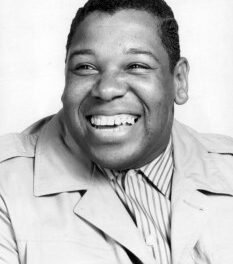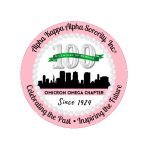Background Scripture: John 7:14-26
Lesson Context: The three synoptic gospels are Matthew, Mark, and Luke, meaning that they are very similar in their general structure. The fourth gospel, John, is quite different from the other three. John wrote 30 or so years after those other, and he was well acquainted with their material. For this reason he seems to avoid repeating most of their content. Instead, he chose to give new information from his wealth of eyewitnesses ( see John 21:24-25).
On Jesus’ Teaching (John 7:14-18):
Questions of Education (vv. 14-15.
14. “Now about the midst of the feast Jesus went up to the temple, and taught.”
Since the feast lasted seven or eight days, this is reasonably supposed to be on the fourth day. Jesus was aware that the religious leaders were seeking to kill Him. God instituted this feast for two reasons. First, it was a time of thanksgiving during the season of the olive and four and fruit harvests (the September – October time frame). Second, it was as a time of to remember deliverance from slavery in Egypt. The Temple was still the center of Jewish life
15. “And the Jews marveled, saying, How knoweth this man letters, having never, having never learned?” Knoweth this man letters – The Jewish letters of science consistef of their Scriptures and traditions. Jesus exhibited in his discourses such a profound acquaintance and admiration. Having never learned – The Jews taught their law and tradition in celebrated schools. As Jesus had not been instructed in those schools, they were amazed at his learning. What early human teaching the Saviour that have no means of ascertaining further than it was customary for the Jews to teach their children to read the Scriptures.
B. Answer of Origin (vv. 16-18).
16-17. “Jesus answered them, and said, My doctrine is not mine, but his that sent me. If any man will do his will, he shall know of the doctrine, whether it be of God, or whether I speak of myself.” Jesus met this particular allegation as follows. My teaching is not mine. The “my” refers to the teaching itself, the “mine” to the ultimate authority on which it rests. I am not a self-taught Man, as though out of the depths of my own independent human consciousness I span it. I do not mean you to suppose that mere human experience is the sole source of my instructions, if you have sat at the feet of those who taught you, I too, am a Representative of another, but it is the teaching of him who sent me. I have not learned in your schools, but am uttering the thoughts that come from an infinitely deeper source. “He who sent me” gave them to me. I have been in intimate communion with Him. All that I say is Divine thought. I have drawn it all from the Lord.”
18. “He that speaketh of himself seeketh his own glory: but he that speaketh his glory that sent him, the same is true, and no unrighteousness is in him.” Jesus offered a sort of litmus test regarding where His own teaching came from: Whose glory was being sought? Those who speak independently do so for personal gain. They promote their ideas for their own ends, and their egos are probably involved. But those who speak what God reveals seeketh his glory, not their own.
References: Elliott’s Commentary, Barnes Bible Commentary, Standard Lesson Commentary, KJV 2023-2024, International Sunday Schoo Lessons











